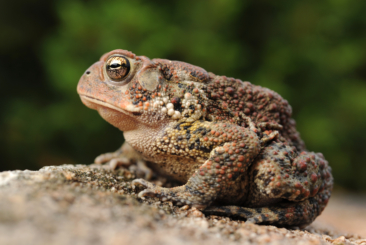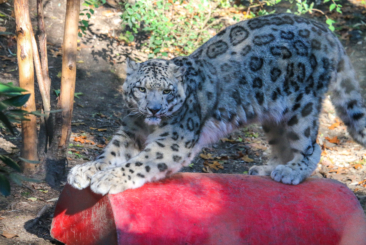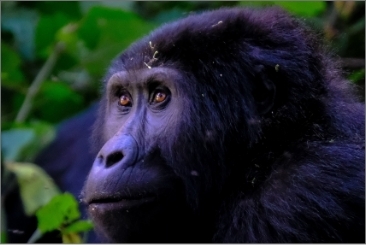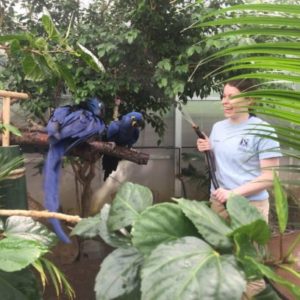Get Involved
Join us in our commitment to save wildlife and wild places. Roger Williams Park Zoo has a 150-year history as a favorite New England family destination, bringing excitement and discovery of the natural world to generations of visitors.
Join Our Team
More Ways To Get Involved

Become an Earth Agent
Does your family want to save wild animals and wild places? Become an Earth Agent and help Roger Williams Park Zoo inspire your neighbors to make the world a better place for animals and their habitats.

Become a FrogWatcher
Help save frogs! Learn how to tell frog species apart by their calls and how to report findings to FrogWatch USA. Become a citizen scientist with FrogWatch USA today.

Animal Enrichment Wish List
Provide needed enrichment to our animals by donating an item from our Wish List. Enrichment allows animals to engage in natural behaviors and provides physical and mental stimulation.

Cellphone Recycling
Help protect gorilla habitats by recycling your used electronics at the zoo or one of our partner library locations.
Take Action at Home
Implementing green practices into your life can help reduce waste, conserve natural resources, and protect ecosystems and biodiversity.




